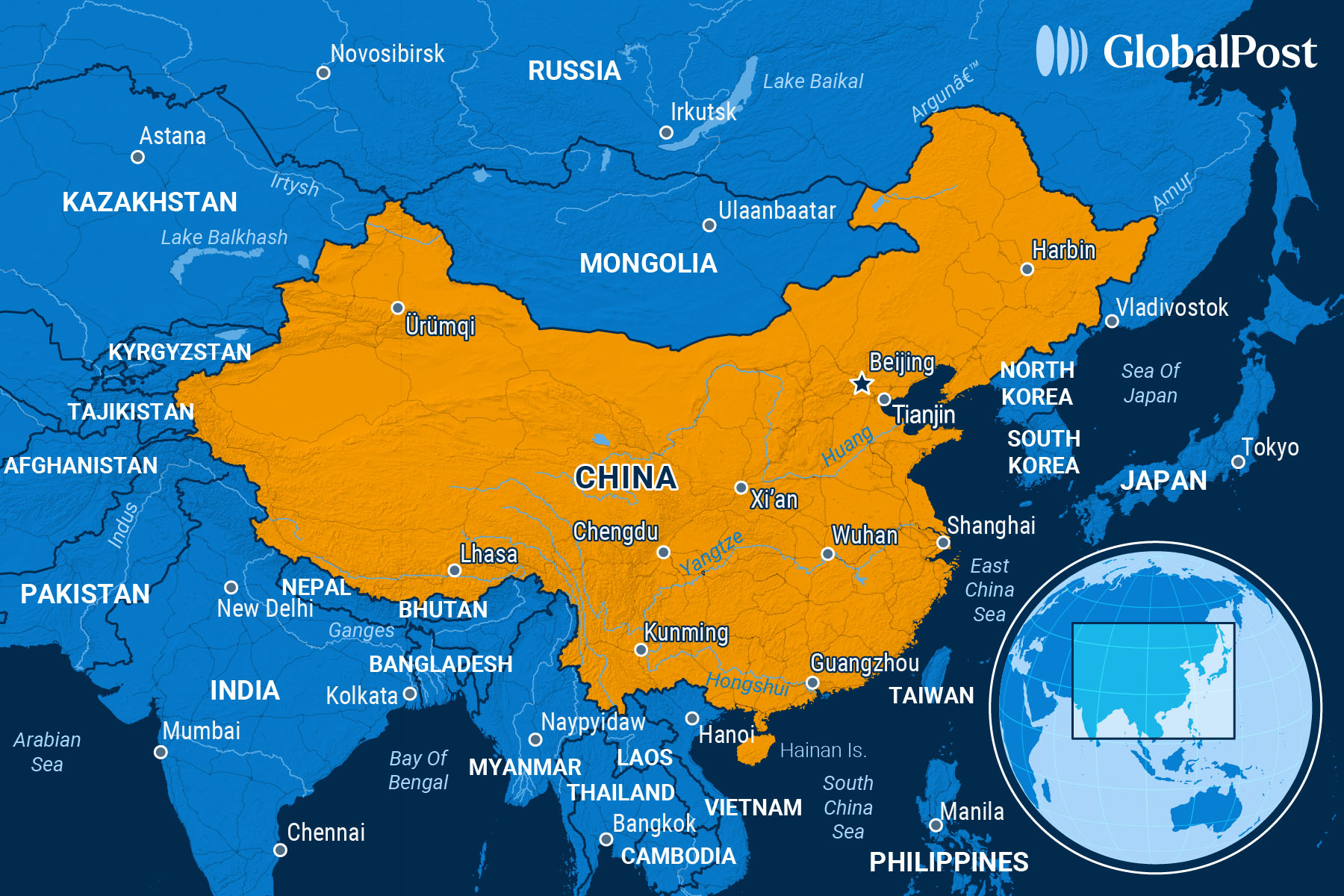China, Russia, India Show Unity at Summit in Challenge to US

The leaders of China, Russia, and India staged a rare display of unity at a summit in northern China on Monday, holding hands and pledging closer cooperation in a move widely seen as a counterweight to US President Donald Trump’s policies, which have strained relations with New Delhi and failed to weaken Moscow’s reliance on Beijing, the Wall Street Journal reported.
Chinese President Xi Jinping, Russian President Vladimir Putin, and Indian Prime Minister Narendra Modi clasped hands in Tianjin, as more than 20 world leaders arrived in the northern Chinese city to attend the two-day Shanghai Cooperation Organization (SCO) meeting.
Founded in 2001 by China, Russia, and four Central Asian states, the SCO began as a regional security bloc to curb Western influence in Central Asia, the Associated Press noted. It has since expanded to 10 full members – including India, Pakistan, Iran, and most recently Belarus – along with 16 so-called dialogue and observer partners.
Xi urged members to resist a “Cold War mentality,” pitching the SCO as an alternative to the Western-led order, and calling for a “more just and equitable global governance system,” while pledging $280 million in aid and $1.4 billion in loans through the bloc’s banking consortium.
He also unveiled a new Global Governance Initiative, a sequel to his earlier initiatives on security, development, and civilization, CNN added.
Although the summit did not produce any major initiatives, observers noted that it carried heavy symbolic weight. They described it as part of Beijing’s efforts to promote an alternative to the United States-led global order amid a changing geopolitical environment, according to Al Jazeera.
Notable at Monday’s summit was Modi’s presence, marking his first visit to China in seven years.
Xi told the Indian leader that China and India should be “friends, not rivals,” while Modi described the summit as “an atmosphere of peace and stability,” the BBC added.
The Indian prime minister also announced the resumption of direct flights between the countries, suspended since a deadly 2020 border clash, without providing a timeline.
Modi’s visit came after India’s relations with Washington soured in recent weeks following the Trump administration’s decision to impose 50 percent tariffs on Indian goods as punishment for buying Russian oil.
Analysts told the Journal that Trump’s approach has pushed India to demonstrate strategic autonomy and reset ties with Beijing, though lingering border disputes mean New Delhi is unlikely to abandon the US in the long term.
The SCO summit also underscored the ongoing ties between China and Russia, as Moscow continues to face economic sanctions over its invasion of Ukraine more than three years ago.
Putin praised the bloc for reviving “genuine multilateralism,” saying it would replace “the outdated Eurocentric and Euro-Atlantic models.”
He used the summit to defend his invasion of Ukraine and said a “fair balance in the security sphere” was needed for long-term peace.
His remarks came weeks after a meeting with Trump in Alaska aimed at reaching a ceasefire in Ukraine.
Western observers warned that the imagery of Xi, Putin, and Modi embracing underscored the challenges facing Trump’s “reverse Kissinger” strategy of prying Russia away from its reliance on China, which has provided economic support amid Moscow’s war with Kyiv.
“The ‘reverse Kissinger’ doesn’t work,” Estonian lawmaker Marko Mihkelson told the Journal. “India’s alignment with the Russia-China dynamic … would signify the strengthening of a new world order led by China, and a narrowing of the strategic room for maneuver available to the United States and its allies in Asia.”

Subscribe today and GlobalPost will be in your inbox the next weekday morning
Join us today and pay only $46 for an annual subscription, or less than $4 a month for our unique insights into crucial developments on the world stage. It’s by far the best investment you can make to expand your knowledge of the world.
And you get a free two-week trial with no obligation to continue.
